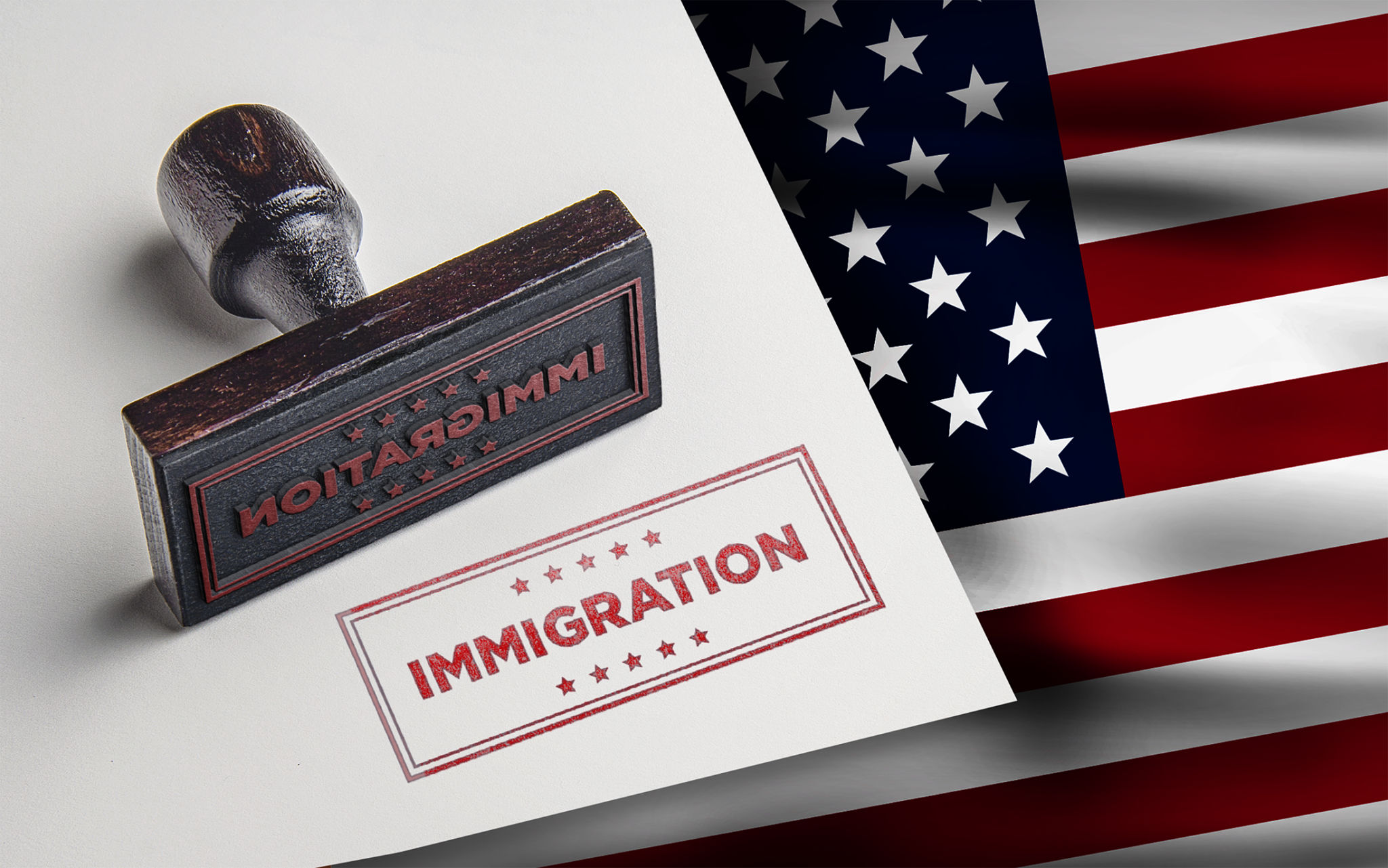How to Navigate Export Regulations for Thai Goods
Understanding Thai Export Regulations
Exporting goods from Thailand can be a lucrative venture, given the country's strategic location and diverse range of products. However, navigating the export regulations can be complex. It's essential to understand the rules and guidelines set by Thai authorities to ensure smooth international trade operations.
The Thai government, through the Ministry of Commerce, regulates exports to ensure compliance with international standards and agreements. This involves obtaining necessary permits, adhering to customs laws, and understanding tariffs and taxes that apply to various goods.

Key Regulatory Bodies
Several key agencies play a role in regulating exports in Thailand. The Department of International Trade Promotion (DITP) is crucial for facilitating trade and providing exporters with resources and assistance. Meanwhile, the Customs Department is responsible for overseeing the movement of goods across borders, ensuring that all exports comply with legal requirements.
Other important bodies include the Food and Drug Administration (FDA) for products related to health and safety, and the Thai Industrial Standards Institute (TISI), which sets standards for goods to meet both domestic and international quality requirements.

Steps to Comply with Export Regulations
Before exporting goods from Thailand, businesses must follow several steps to ensure compliance with local regulations. First, it's vital to register your business with the Department of Business Development and obtain an Exporter Identification Number (EIN). This registration is crucial for tracking and managing exports efficiently.
Next, determine whether any permits or licenses are required for your specific products. This can vary significantly depending on the nature of the goods. For example, agricultural products might require phytosanitary certificates, while electrical products might need certification from TISI.
Customs Procedures and Documentation
Proper documentation is the backbone of successful export operations. Essential documents include a commercial invoice, packing list, and certificate of origin. These documents are necessary for customs clearance and must be prepared accurately to avoid delays.
Furthermore, understanding tariff classifications and harmonized system codes is vital. These codes determine the duties and taxes applicable to your goods, impacting the overall cost and pricing strategy for international markets.

Overcoming Common Challenges
Exporting from Thailand comes with its own set of challenges. Language barriers, cultural differences, and evolving regulatory environments can pose significant hurdles. It's advisable to work closely with local experts or consultants who can provide valuable insights and assistance in navigating these complexities.
Additionally, staying updated with changes in trade policies and regulations is crucial. Regularly consult resources provided by the DITP and other relevant agencies to ensure compliance with the latest requirements.
Leveraging Technology for Compliance
Technology plays a pivotal role in modern export operations. Utilizing digital tools and platforms can streamline documentation processes, facilitate communication with international partners, and provide real-time tracking of shipments.
Platforms that offer automated compliance checks and documentation templates can significantly reduce the risk of errors and ensure adherence to export regulations. Investing in such technologies can enhance efficiency and competitiveness in the global market.

Conclusion
Navigating export regulations for Thai goods requires diligence, knowledge, and strategic planning. By understanding the regulatory framework, preparing accurate documentation, and leveraging technology, businesses can successfully expand their reach to international markets.
Ultimately, staying informed and proactive in managing export operations can lead to long-term success and growth in the global marketplace. With the right approach, exporting from Thailand can open up a world of opportunities.